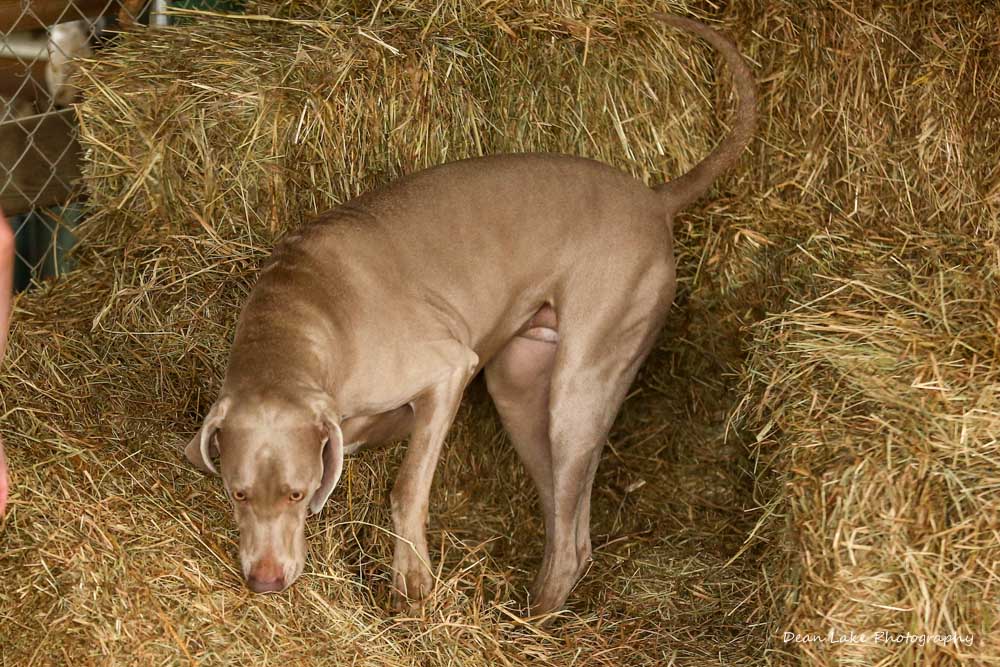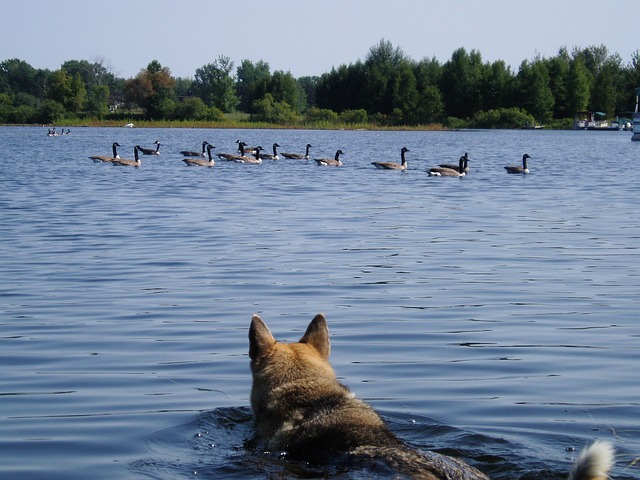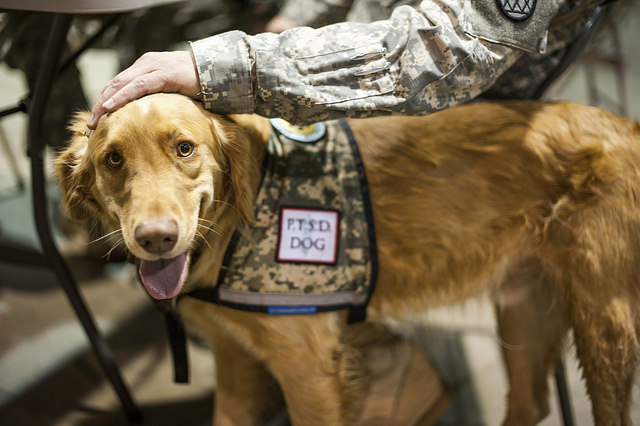Anyone familiar with a wide variety of dog breeds can tell you that some seem to have an innate knack for certain jobs or personality traits that are consistent across the breed. German Shepherds have great success in police work, for example, while Golden Retrievers are tolerant and gentle with children. Despite the fact that these stereotypes are generally accepted across countless breeds for countless traits, there has been little scientific research done on the subject. Until now.

Researchers set out to determine if there was a neurological basis for these traits. Did the brain of a breed known to be excellent scent hunters differ from a breed that are excellent herding dogs? Do the brains of dogs bred to be companions behave or look differently to a working breed? Unexplored questions such as these led researchers to explore the brains of dogs using MRI technology.
The Method
The authors of the study wanted to specifically see whether or not selective breeding by humans has altered the organization of the brain in dogs and if it had, how the brains had changed. In order to do this, they took MRI scans of 62 male and female dogs of 33 breeds.
The researchers looked at the whole-brain of each dog using independent components to analyze each brain consistently. They found that specific regional sub-networks vary significantly from one breed to the next. The variations seen were not just in brain size, total body size, or skull shape, either.

Image Credit Barn Hunt Association LLC
The team used phylogenetic analysis which showed that most changes have occurred in the terminal branches of the dog phylogenetic tree. And what does that mean? It indicates that the changes occurred evolutionarily recently via human selection in individual breeds.
When breeders have chosen to mate particular animals because of their strong exhibition of a desired trait, such as being a great guard dog, those choices led to changes in the brains of the breed overall in a short amount of time.

Profound Findings
One of the study’s authors, Erin E. Hecht is an Assistant Professor in the Department of Human Evolutionary Biology at Harvard University. She told Newsweek:
“These differences are at least partially due to selective breeding for particular behaviors.”
The study indicates “that there has been strong, recent selection pressure on brain organization in individual breeds of dogs, suggesting that humans’ effects on dog brains can occur very quickly in evolutionary time,” she said.
“I think it’s pretty profound that our species has shaped the brains of another species on the planet,” Hecht argued.

Image North Carolina National Guard Flickr
What’s Next?
Hecht noted that the subject dogs that participated in this study were, to the best of their knowledge, family dogs. They are not actively performing the work that their breed’s brain is predisposed to perform, indicating that these traits or skills are hardwired. She told Newsweek,
“It means that despite these dogs not actively performing these skills, we can still see specializations in their brain for them, which I think is pretty amazing! I imagine that if we studied dogs who are actively performing these behaviors, we might see even clearer effects.”
That is what the team plans to study next. Does your dog exhibit any traits that you just know are hardwired into her brain? Do those skills or attributes help you guess what breeds are present in your Mixed Breed rescue pup?
 Toledo, United States.
Toledo, United States.